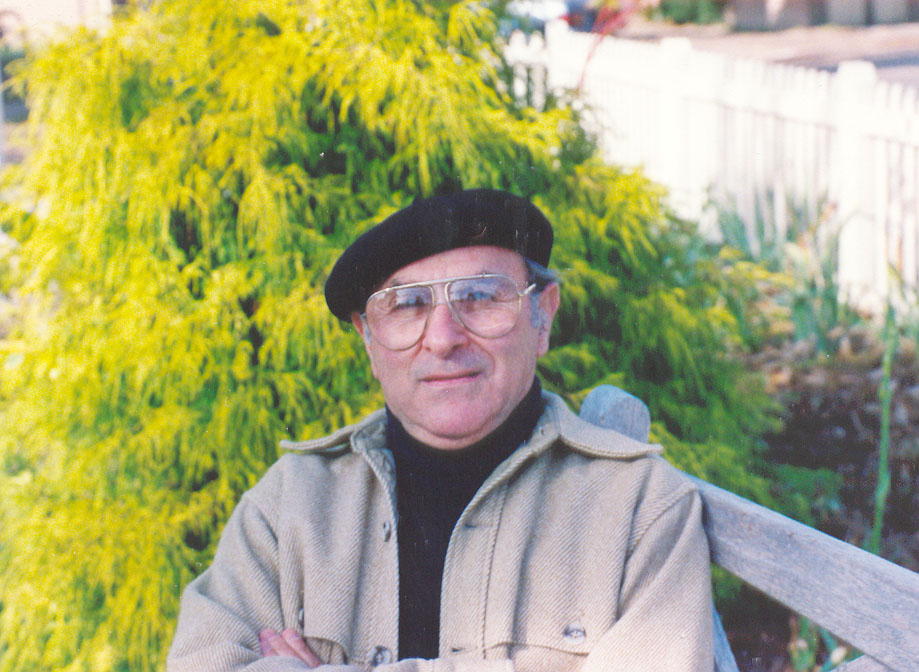
Frank Shatz
Frank Shatz lives in Williamsburg, Va., and Lake Placid, His column was reprinted with permission from The Virginia Gazette.
Reading the mind of the President of Vladimir Putin, the president of the Russian Federation, has become a cottage industry in Washington and the capital cities of the Western world.
Chancellor Angela Merkel of Germany told President Obama during a telephone conversation that after speaking with Mr. Putin she was not sure he was in touch with reality. She didn’t imply that Mr. Putin has a mental breakdown, only that he starts believing his own propaganda about the Kiev uprising as being an American-backed plot.
Merkel and Putin converse in German. He is fluent in that language, having been the head of the KGB, the Soviet security and spy agency, in East Germany.
Several, conservative U. S. lawmakers voiced their belief that President Putin’s goal is to reconstitute the Soviet Union. That he won’t stop achieving this goal, they say, until, he is stopped. They left the means of how to do it, ambiguous.
Former U. S. Ambassador to Russia, Michael McFaul, who left his post just recently to return to his teaching position at Stanford University, had several meetings with President Putin. They have been conversing in Russian. McFaul believes that Putin’s mindset is shaped by his decades-long service in the Soviet KGB. He is extremely suspicious of U. S. and Western motives toward Russia.
According to McFaul, Putin is strongly nationalistic and is ready to defend Russian national interest at all costs. His perception of the dangers facing Russia governs his actions.
To gain a wider perspective of the Ukrainian crisis, I turned to Steve Hanson, vice provost for International Relations at the College of William & Mary, and director of the Reves Center for International Studies. He is a nationally recognized expert on Russia and Eastern Europe.
I asked him whether he thinks one of the major triggers prompting Putin to move against Ukraine was his fear that the new government in Kiev may not just extend economic ties with the West, but would sooner or later take Ukraine in the NATO.
"The sudden collapse of the Yanukovych government no doubt led Putin and his entourage to believe that Ukraine might be entirely "lost” to the West without dramatic and immediate action of some sort, "Hanson said in an interview with the Lake Placid News and The Virginia Gazette. "The problem is that Putin now sees the situation in Ukraine entirely in zero-sum-terms – as a territory that either will "belong” to the Russian sphere of influence or instead become "anti-Russian.”
He explained that Putin apparently made the decision to grab Crimea quickly, before the Ukrainian government could mobilize any sort of defense.
"But in my view,” Hanson said, ‘Russia’s intervention will ultimately cause grave damage to Russia’s own geopolitical influence. Turning Western public opinion decisively against the Putin regime, strung up instability throughout the post-Soviet region, and undermining Russia’s integration into the global economy.”
According to Hanson, the U.S. should forge a united stand with its European allies in the design of targeted economic sanctions against Putin’s elite, work with authorities in Kiev to help a broadly inclusive new government that reaches out to Russian and Russian-speaking population of Eastern Ukraine, and try to help to restore Ukraine to economic health..
While other experts echo Hanson’s analysis, some point out that Russia has always feared "encirclement.” It has created buffer-zones, to protect "Mother Russia.” After World War II, the demarcation-line from the West used to be the Berlin-Wall. But, now, should Ukraine become a NATO member, the demarcation-line would extend for over a thousands miles directly on the Russian border.
Nixon and Kissinger once have been successful persuading Communist China’s Mao Zedong and Chou En-Lai that it was in the best interest of the United States to see a stable and prosperous China. The task now is to persuade Putin that the United States has the same goal, vis-à-vis Russia.



_jpg/250px-ElbeDay1945_(NARA_ww2-121).jpg)





